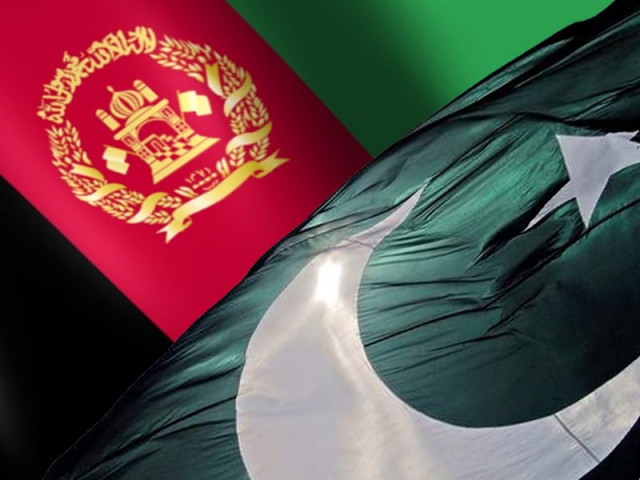Pakistan’s Afghan conundrum
Reconciliation is currently at a delicate stage and any misstep will undermine chances of peace deal

PHOTO: AFP
During that trip, Gen Raheel gave a personal assurance to President Ashraf President Ghani about bringing the Afghan Taliban onto the negotiating table. And in less than two months, he did live up to that promise when Pakistan hosted the first-ever direct talks between the Afghan government and Taliban representatives. The unprecedented meeting held in Pakistan’s tourist resort of Murree was also attended by representatives of the United States and China.
The parleys ended with an agreement that the peace process would continue and both sides would adopt confidence-building measures to take the process forward. The fact that the next round was to be attended by the then Afghan foreign minister spoke volumes of the constructive engagement in Murree.
But as many were expecting a breakthrough, just a day before the next round, news was leaked from Kabul that Taliban supreme leader Mullah Muhammad Omar had died. Talks between the Taliban and the Afghan government were called off.
More reports started coming in, some part of the well-orchestrated propaganda, that Mullah Omar had passed away few years ago in Pakistan. However, only recently a new book revealed that the Taliban leader never went out of Afghanistan after the US invasion in 2001.
Pakistani officials soon began to realise that the news of Mullah Omar’s death was deliberately leaked by elements who might not want a peace deal. The nascent peace process collapsed triggering a blame game between Pakistan and Afghanistan. Hopes turned into despair. Familiar patron returned. Pakistan was again being accused of supporting the Taliban and not doing enough to bring some semblance of peace in Afghanistan. Pakistan, however, did not give up and still made efforts to revive the Murree process. But those efforts dealt a fatal blow when the US eliminated Mullah Mansur, the new Taliban chief, in a drone strike in Balochistan.
Pakistan felt betrayed as the US action put the country in a bad light. After that episode, Pakistan pulled back and decided to cooperate with the US and Afghan government only if it would not be made scapegoat of others failures. Pakistan was clear that it could not be deceived again.
The stalemate ended only after US President Donald Trump wrote a letter in December 2018 to Prime Minister Imran Khan, seeking his help in bringing about peace in Afghanistan. Pakistan made fresh efforts that helped jumpstart talks between the US and the Taliban.
The difference this time, though, was that the Taliban refused to talk to the Ghani administration directly. Since then the Taliban and the US have held many rounds of talks, mainly in Doha. There were reports that the two sides were close to an agreement. But the deadlock persists on certain issues.
Against this backdrop, Prime Minister Imran Khan recently backed the idea of installing interim government in Afghanistan to break the impasse. That reported statement created uproar in Kabul and Washington. In a knee-jerk reaction, the Afghan government called back its ambassador from Islamabad while Zalmay Khalilzad, the US chief negotiator with the Taliban, also criticised PM Imran’s remarks. The US ambassador to Kabul even went a step further and tried to school the PM on diplomacy — something that drew scathing criticism from Imran’s ministers as well as others.
Both the US and Afghanistan could have used diplomatic channels to first understand the context of PM Imran’s remarks because at stake is the Afghan peace deal. The reconciliation is currently at a very delicate stage and any misstep will not only undermine the chances of possible peace deal but also embolden elements, who want to perpetuate the chaos in Afghanistan.
Published in The Express Tribune, April 1st, 2019.
Like Opinion & Editorial on Facebook, follow @ETOpEd on Twitter to receive all updates on all our daily pieces.















COMMENTS
Comments are moderated and generally will be posted if they are on-topic and not abusive.
For more information, please see our Comments FAQ